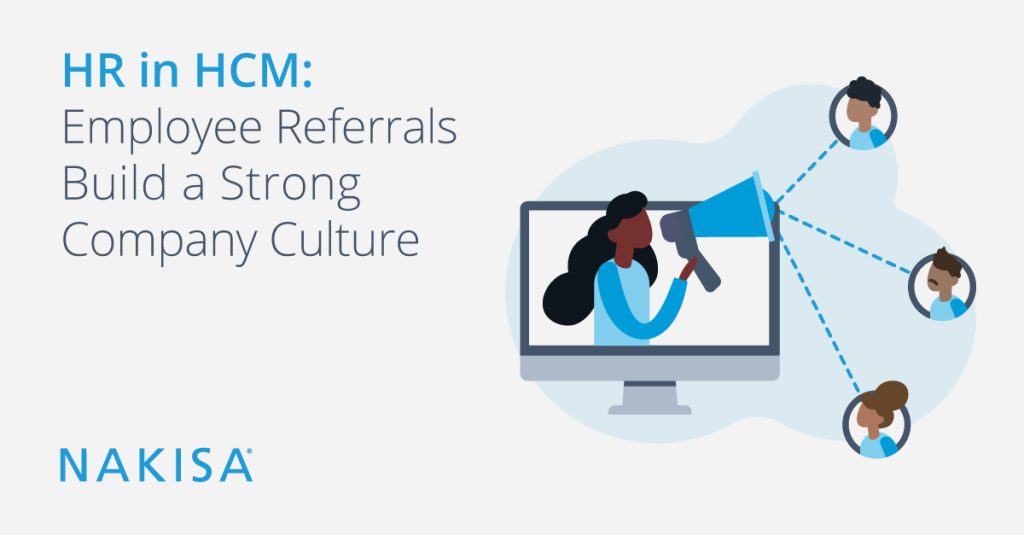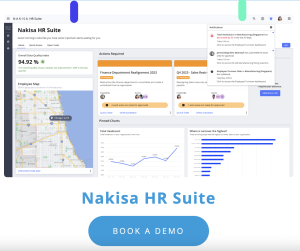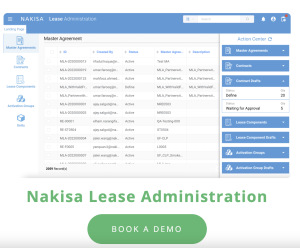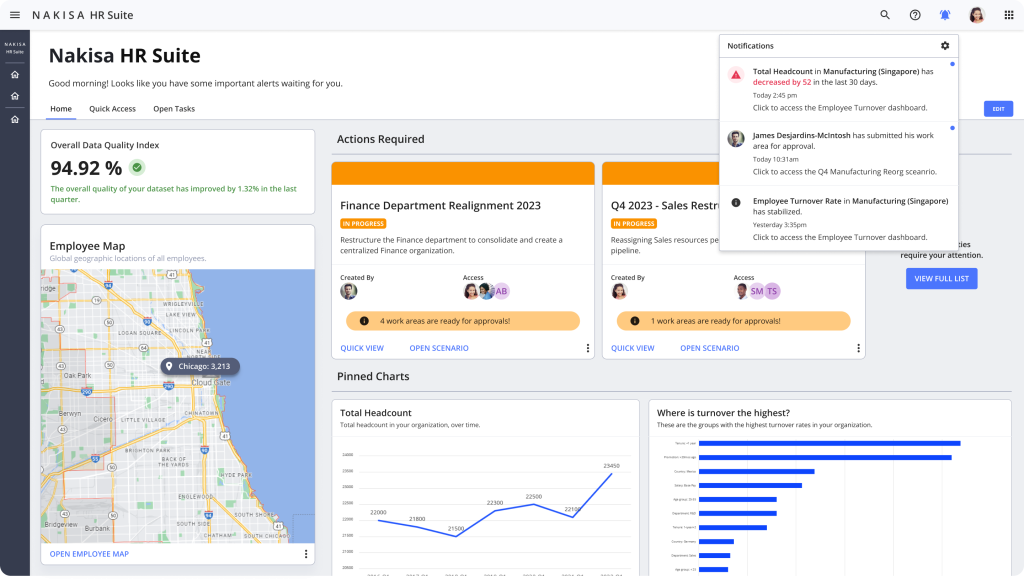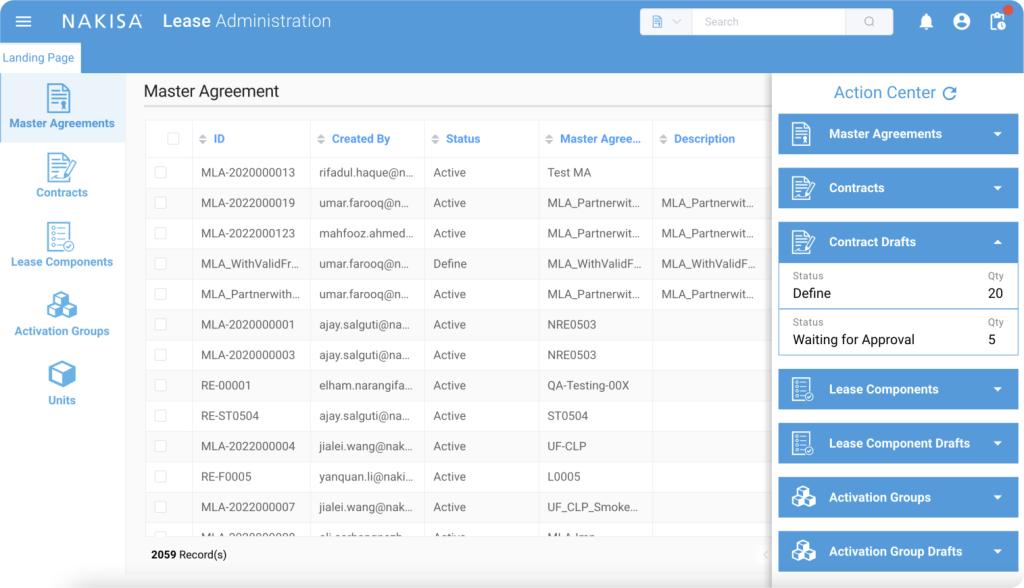What do your go-to cleaning product, smartphone selection, latest Netflix binge, and choice of hairdresser have in common? Someone probably vetted them for you.
Whether you were recommended a product or service by someone you know personally, like a colleague or a friend, or whether you read a review on a site like Yelp, Amazon, or another consumer report site, a trusted source shared insights that you took into consideration as you made a decision about something you needed.
Recommendations are just as important when a company is looking to hire new employees.
Depending on a vacant position’s estimated salary, seniority, or required expertise, the hiring process can be extensive, and HR professionals spend a great deal of time and resources in search of the ideal candidate for an unfilled role in our organization.
If, however, someone from within your organization knows of an individual who might be a good fit for both the role and your company, they might recommend that they apply, and/or alert the HR department of a potential incumbent.
This targeted approach saves time throughout the screening process, supports the new employee’s integration, and serves as an important building block to an organization’s corporate culture.
After all, an employee who enjoys their work and speaks highly of their company is likely to attract candidates already aware of and excited about their potential new workplace, which ultimately, adds up to a relationship between the potential employee and the organization that is based on trust. Together, this makes employee referrals a top source of quality hires.
Word-of-Mouth for Quality Hires
In corporate recruitment, word-of-mouth is loosely defined as an interpersonal communication related to a specific job post. This can include conversations or correspondences with friends, peers, or acquaintances that can lead to recommendations for a job. The more trusted the source, the more influential the word-of-mouth endorsement will be.
Referralstypically have a higher success rate and are better performers—after all, you wouldn’t recommend someone you don’t trust.
A key benefit to word-of-mouth recruiting is that it allows organizations to reach out to individuals beyond their immediate network. LinkedIn’s 2017 Global Recruiting Trends report stated that 48 percent of employers feel employee referrals are their best source of quality hires. Referrals typically have a higher success rate and are better performers—after all, you wouldn’t recommend someone you don’t trust.
Referrals are also advantageous because the potential hire already has a connection to the organization through the person referring them, leading to an increased potential for employee engagement. Moreover, referred employees start their jobs sooner than hires from other sources, and generally have a far smoother integration and onboarding process, according to Digital HR Tech.
Technology, of course, can further amplify the word-of-mouth recruitment process. Career sites like LinkedIn allow us to discover shared connections from school or work, with additional functions in place to support us with our networking, all in a just couple of clicks.
Communicate Your Corporate Culture
Great talent is scarce, and turnover is costly. A recent study conducted by the Bureau of Labor Statistics reveals that workers typically average 4.4 years at each job, but that tenure drops the younger the employee.
Loss of talent impacts productivity and requires an organization to invest both time and resources to search and onboard replacements, making attracting, hiring, and retaining top talent all the more important. Moreover, according to Zip Recruiter, “Quality hires not only impact your bottom line (retention rates, higher performance) but also create the ‘flavor’ of how your service or product is created and delivered.”
In other words, it’s the employees themselves who help create their corporate culture.
Building a workforce made up of individuals proven to go the extra mile is critical. The extra mile factor, known as discretionary effort, was defined by Gartner’s 2019 Global Talent Monitor study as “employees’ willingness to go above and beyond the call of duty, such as helping others with heavy workloads, volunteering for additional duties, and looking for ways to perform the job more efficiently.” These are the people you want on your team to help your business thrive.
How do you do that? By offering your employees something in return for what they deliver.
Employee value proposition, or EVP, is what employees get for what they give. A strong EVP can help attract and retain the best talent. A recent article published by Gartner titled “Strengthen Your Employee Value Proposition” states, “organizations that effectively deliver on their EVP can decrease annual employee turnover by just under 70 percent and increase new hire commitment by nearly 30 percent.”
Our company culture sets us apart from the competition, which is why communicating our values can help us attract quality talent. The better our HR department communicate guidelines and incentives aligned with our company’s culture and values—such as potential career progressions, opportunities for training and development, work environment, and rewards—the more successful your referral program—and your candidates—will be.
Business Goals & Strategies for Quality Referrals
When your employees are aware of your referral program and are actively promoting open positions and recommending their peers, this reflects both employee satisfaction and a positive corporate culture. It means that your people are engaged and working towards improving all aspects of the company, that ultimately, they have a stake in your company’s growth.
Employee referrals also help achieve strategic organizational goals in many ways. Whether it be attaining a higher quality of hire, increasing new employee retention, improving morale, decreasing turnover rate, or streamlining onboarding, encouraging employee referrals can support these goals. We are proud to share that at Nakisa, almost 50 percent of our new hires in 2020 were referrals.
An organization that focuses on developing lasting relationships between colleagues, prospective candidates, and clients is building a solid company culture. These human connections are what make the place, the work—our investment in our professional lives—all worthwhile.
Read more articles in our HR in HCM series here.
